Choosing between SCADA and DAS depends on your operational needs. Opt for SCADA if you require control and data acquisition on a large industrial scale. DAS is suitable for environments needing enhanced cellular coverage, like large buildings or data-intensive spaces.
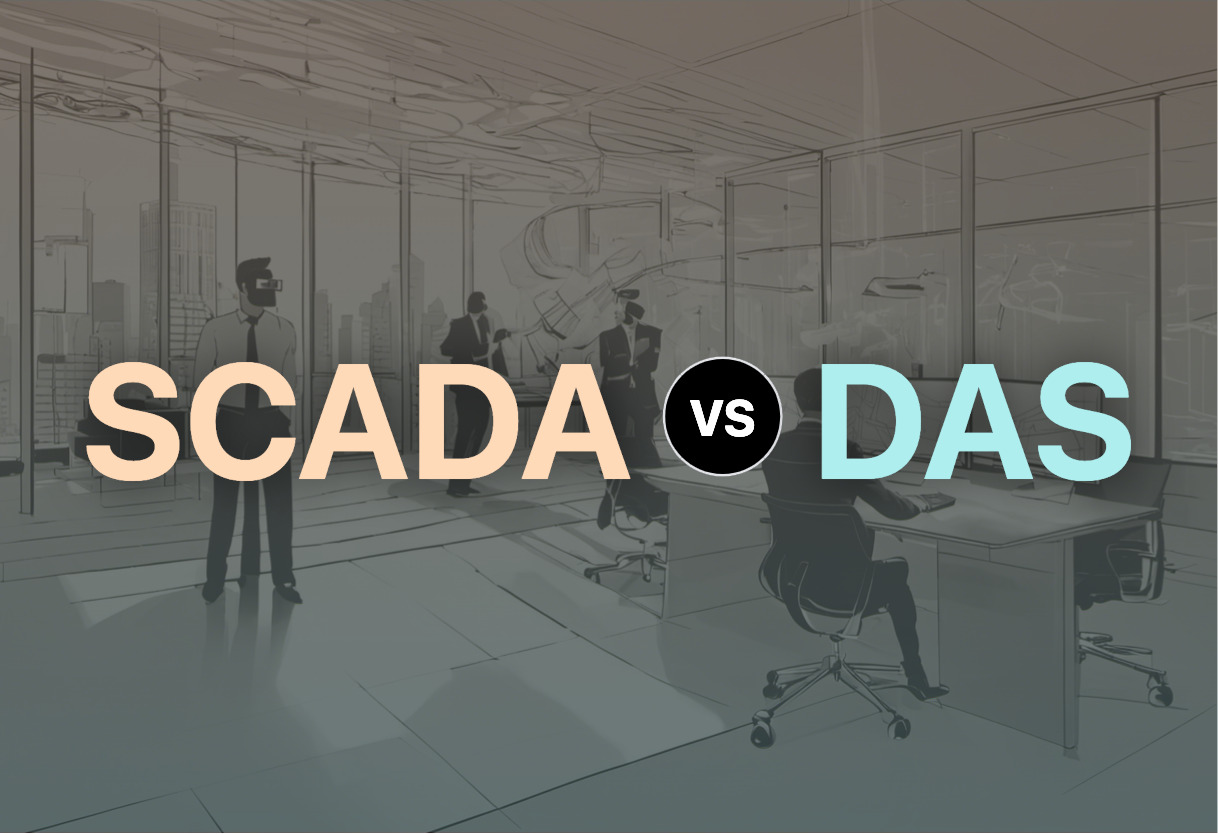
Key Differences Between SCADA and DAS
- Functionality: SCADA allows control over large industrial processes, while DAS improves in-building cellular coverage.
- Use: SCADA is vital for industries like transportation, telecom and waste control, whereas DAS is best for dense indoor spaces such as malls and high-rise buildings.
- Cost: DAS installation is typically costly due to labor-intensive processes, while the overall SCADA system cost varies depending on the complexity of the control processes.
- Components: SCADA comprises components like RTUs, sensors, and control relays. DAS, on the other hand, utilizes a network of small antennas linked to a central controller.
- Security: SCADA has raised cybersecurity concerns with increased system integration, while DAS relies on a management platform for system integrity.
| Comparison | SCADA | DAS |
|---|---|---|
| Function | Monitors, controls industrial processes at supervisory level | Treats poor in-building cellular coverage |
| Components | RTU, sensors, control relays, SCADA master units, communication channels, HMI, controllers, communication, database, software | Small antennas, linked to a central controller that’s linked to wireless carrier network’s base station |
| Primary Use | Industries including industrial plants, water and waste control, energy, oil and gas refining, transportation, telecom | Densely inhabited indoor spaces: malls, medical centers, high-rise buildings |
| Connectivity | Ethernet or IP over SONET, supports migration to IP capable devices | Transparent to mobile devices, provides voice and data services akin to cellular network tower |
| Advancements | Modern SCADA uses SQL databases, rapid application development, 5G networks, quantum computing, edge computing, AI, and ML | Modular, allows any experiment to computer for data recording/processing |
| Cybersecurity | Has concerns with more connected, integrated systems | A well-maintained DAS can strengthen cellular security |
| Cost-effectiveness | RTUs allow efficient and secure monitoring, PLCs often result in long run cost | DAS deployment expensive due to labor-intense installation, costs often borne by carrier, can be shared by multiple carriers to reduce cost |
| Maintenance | NetGuardian 832A supports gradual migration over time to IP devices at remote sites | Monitored via AIMOS, which offers robust fault, configuration, inventory management abilities |
What Is SCADA and Who’s It For?
SCADA, or Supervisory Control and Data Acquisition, is a robust computer application designed for the automation, control, and monitoring of intricate industrial processes. Delivering centralized oversight of entire networks, SCADA leverages an array of components – from Remote Terminal Units (RTUs) to Human-Machine Interface (HMI) – to handle site control, process real-time data, and record pertinent logging events.
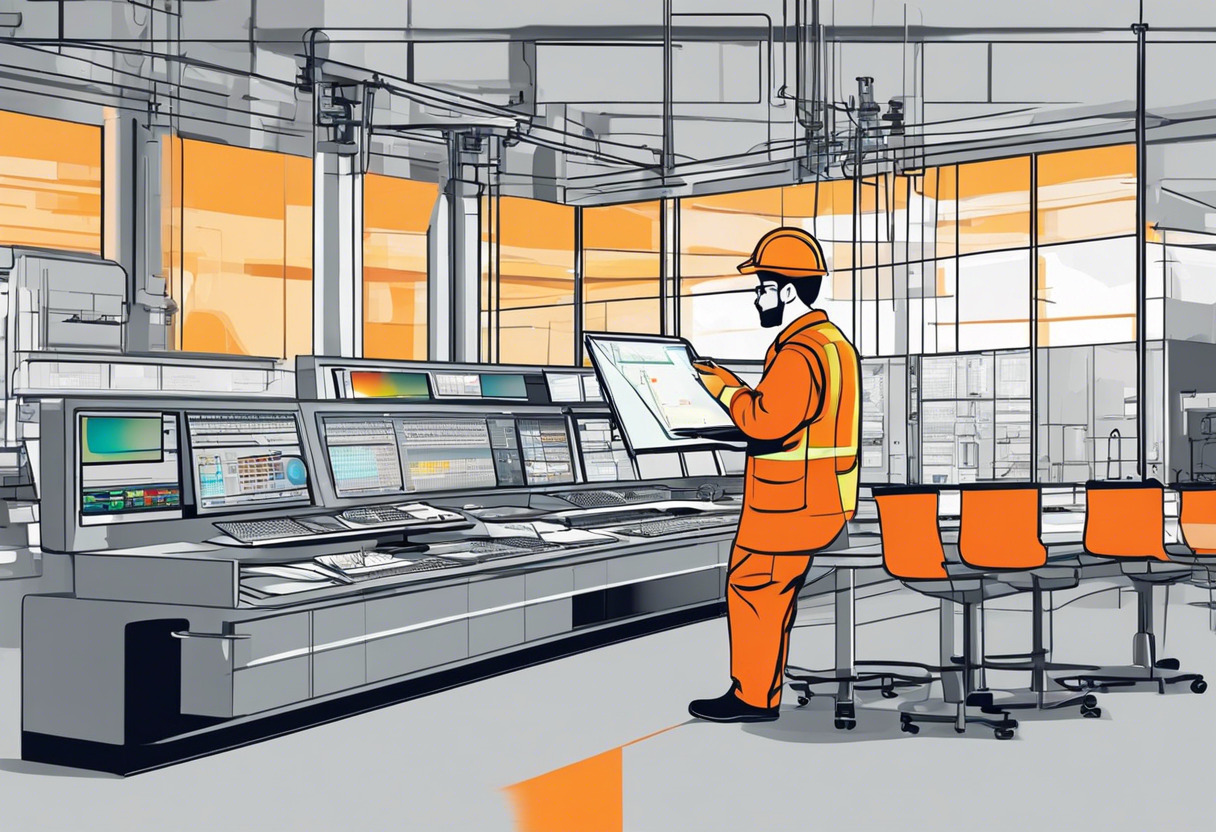
Pros of SCADA
- Efficiently automates complex industrial processes
- Highly versatile with applications across multiple industries
- Adapts to different technologies, including IoT and 5G networks
Cons of SCADA
- Can result in high long-term cost
- Legacy systems may lack flexibility and support
- Inherent cybersecurity concerns with integrated systems
What Is DAS and Who’s It For?
Distributed Antenna System (DAS) is a potent solution for addressing poor in-building coverage by setting up a network of miniature antennas acting as repeaters. From medical centers to high-rise buildings, DAS is perfect for any densely inhabited indoor spaces in need of robust voice and data services that mimic the capabilities of a full-fledged cellular network tower.
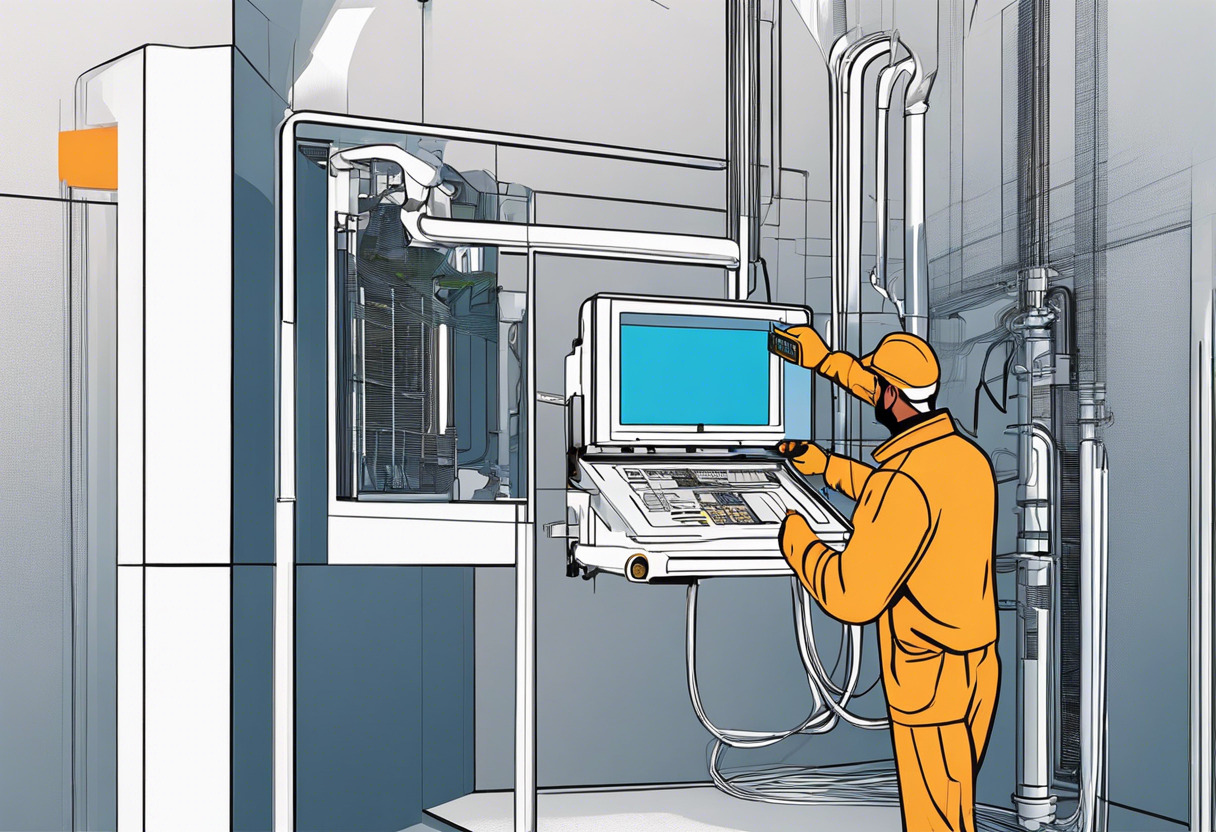
Pros of DAS
- Enhances poor in-building coverage
- Scalable for diverse infrastructural needs
- Seamless transition for mobile devices
Cons of DAS
- Expensive due to labor-intense installations
- Cost often borne by carrier, involving the carrier is usually necessary
- Technical demands can have significant influence on installation costs
SCADA vs DAS – What’s Best for You?
When laying the foundation of an efficient, intelligent system, the decision between SCADA and DAS is critical. Understanding their nuances is imperative for discerning your optimal choice.
For High-tier Industrial Process Control
If your scope revolves around heavy-duty sectors like energy, manufacturing, transportation, control of industrial processes, SCADA stands out as your go-to technology. Its specialization in automation, complex industrial processes, trend measurement over time, and robust cybersecurity provisions make it a powerful, centralized network control system. Moreover, with its future orientation towards edge computing, quantum computing, and AI, SCADA promises lasting value.
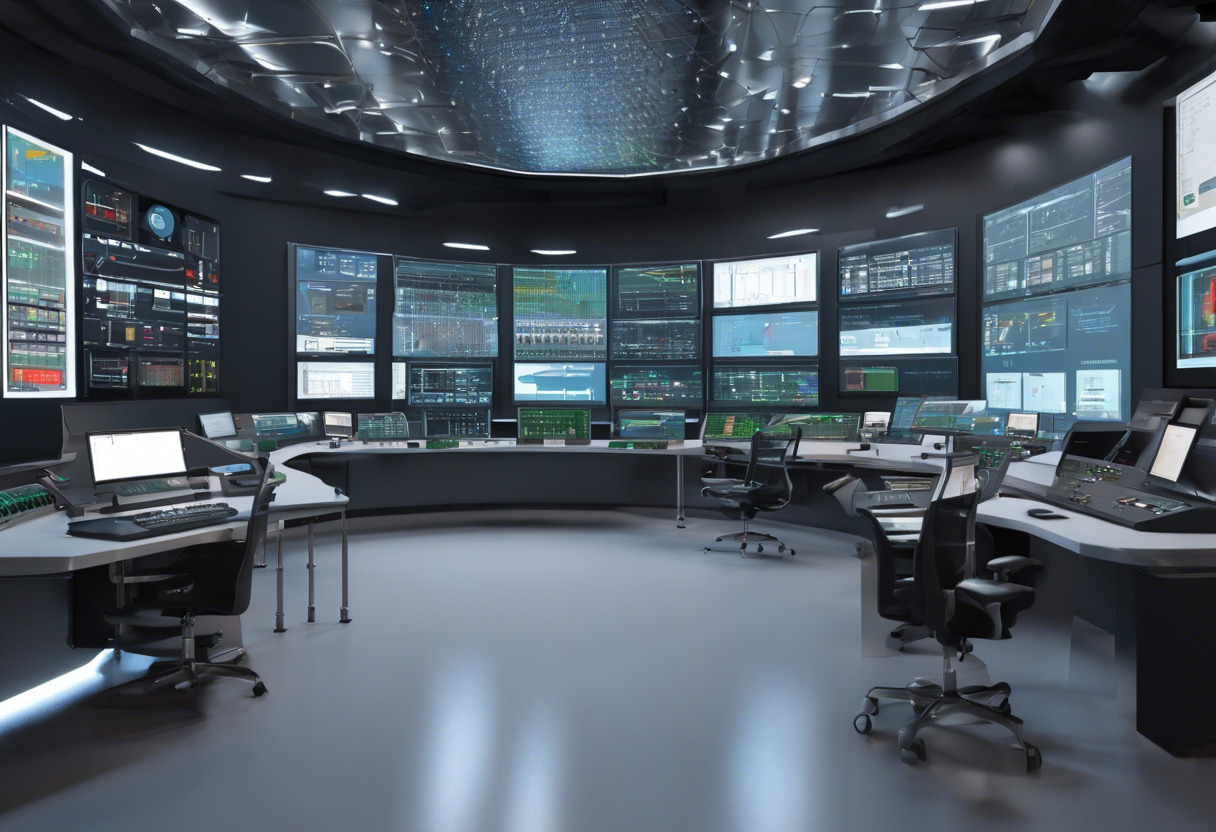
For Improved Indoor Network Coverage
Struggling with poor in-building cellular performance? Turn towards DAS. Its system of small antennas functioning as repeaters offers laudable voice and data services equivalent to any cellular network tower. The modularity and extensibility of DAS, coupled with its reliable performance under dense occupancy conditions, makes it a powerful enabler for large-scale indoor spaces such as malls and high-rise buildings.
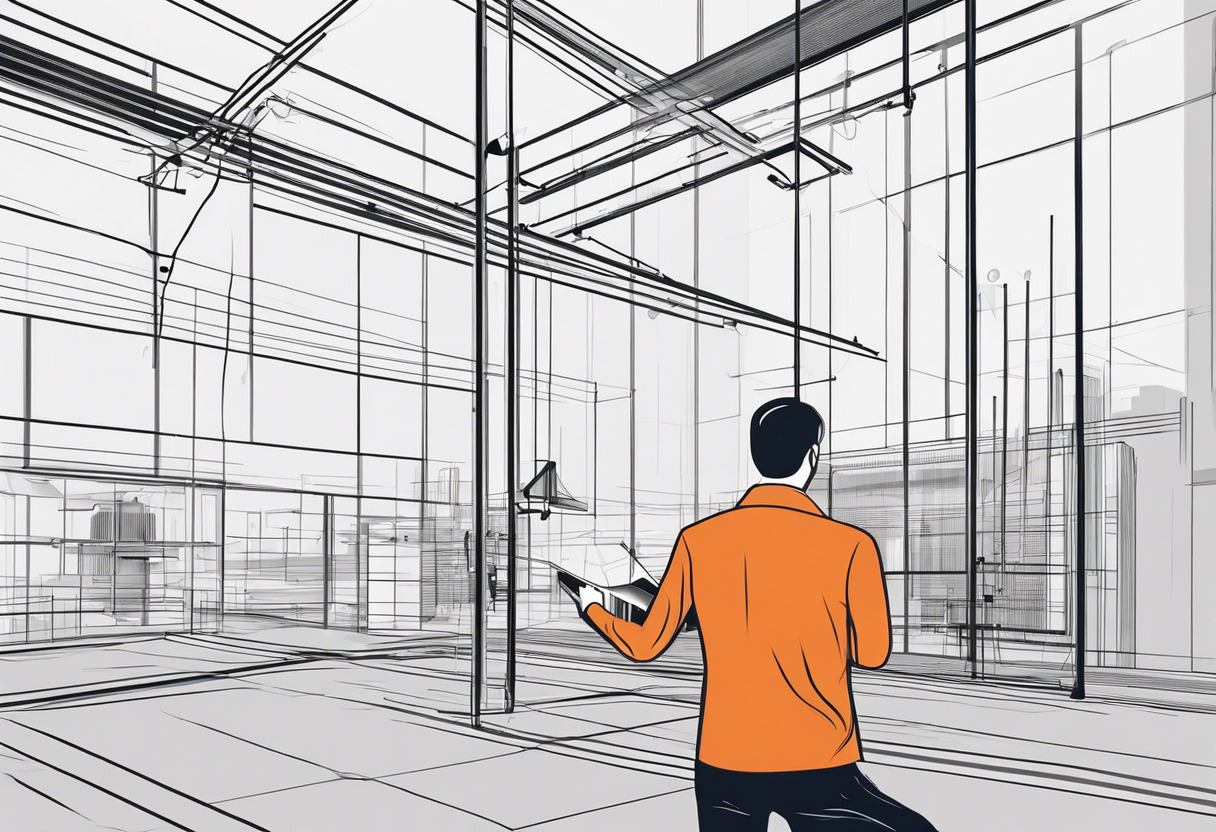
For Economic Considerations
While dispensing services par excellence, costs can’t be undermined. DAS deployments tend to be expensive due to labor-intense installations. Moreover, while SCADA’s remote terminal units (RTUs) bolster efficiency and security, they may escalate long-run costs. Therefore, a thorough analysis of the cost-to-benefit scenario is essential before settling for your final pick.

In weighing SCADA vs DAS, it’s evident that the right choice highly depends on the specific requirements and resources at hand. While SCADA excels in overseeing vast industrial processes, DAS reigns with its targeted coverage improvement inside buildings. Always weigh cost against your priorities when deciding.
Grant Sullivan
Content writer @ Aircada and self proclaimed board game strategist by day, AI developer by night.





